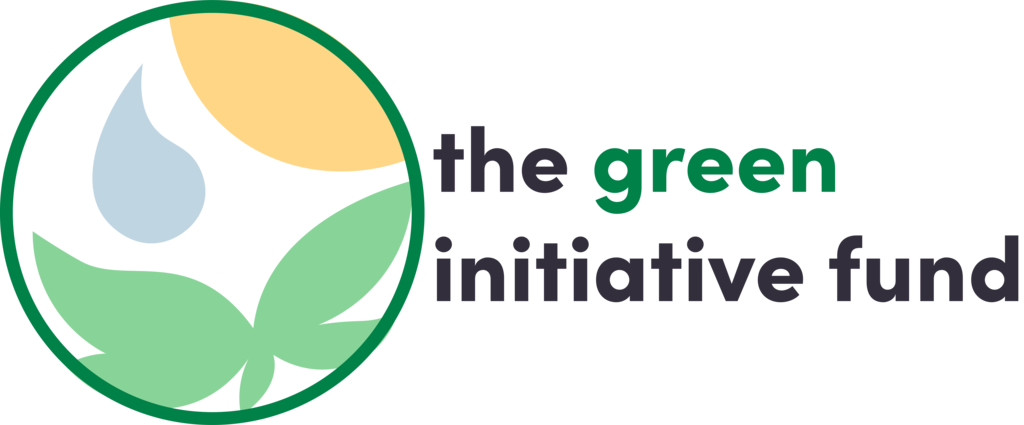Guiding Principles
What does sustainability mean for TGIF?
Every year, the elected TGIF committee reflects and elaborates upon its criteria for meeting the best standards of sustainability. New information shapes what sustainability means, meaning previous committees' best rules of thumb may not apply to future ones. We might consider how resources have shifted. Are there more available to enable sustainability? If so, past applications that were funded may not be eligible with these new considerations in mind. We might consider any new issues that continue to arise, which guide us to accept projects that meet the most current and cutting-edge definitions of sustainability. Each of our considerations helps us ensure that TGIF funding helps Bruins’ impact remain innovative.
To put it simply, we define sustainability as “the integration of environmental health, social equity, and economic vitality to create thriving, healthy, diverse, and resilient communities for this generation and generations to come.” The practice of sustainability recognizes how these issues are interconnected and requires a complex systems approach. Therefore, your sustainability innovation can mean a lot of things, and you can practice sustainability in many ways! One of the great things about TGIF is that it encompasses all kinds of projects and initiatives. From sustainable education to making events greener to environmental justice to sustainable research, we recognize the benefits of all projects that fall under our general framework. Feel free to look at the UCLA Sustainability Plan and its framework for more details on how you might promote sustainability at UCLA.
What do we look for in applications?
During our weekly deliberations where we discuss and vote whether and/or how to fund an application, the most important thing we think about is how a project, event, or initiative manifests our definition of sustainability. We vote yes on applications that prove they bring value to UCLA undergraduate students and the larger UCLA community while also improving actions of and/or dialogue surrounding sustainability. While we do vote to reject applications that fall short of this definition or do not directly relate to campus sustainability, TGIF will always communicate why your project fell short of our expectations.
If your project has been denied or only partially funded, you may want to reach out and talk to us about it because we examine projects both holistically and on the item level--sometimes, we will allocate funding to just some pieces of the puzzle. Here’s how that might work:
Example #1: A club wants to go to a farm to take a tour and learn about regenerative agriculture. The application includes the following:
Costs to cover the tour fees
Vegan snacks
Gas money
How will we vote, and what will we fund?
The committee may vote to fund the tour and the snacks but not gas money because folks could take the bus (for free with our U-PASS!) with a route from Westwood to the farm, which is a more sustainable option. Generally, it might not make sense for a green initiative fund to spend money directly on gas; however, this could get complicated! What if it is only possible for the club to get to the farm by car? What if every other option has been exhausted, and the $15 for gas is the best option? Provided these potential constraints, we read applications and consider all items extremely carefully on the large scale and at the item level.
Example #2: A club is hosting a cultural event and wants to incorporate more sustainability into their event. The application includes the following:
Local, sustainable food
Compostable utensils
Reusable tote bags
How will we vote, and what will we fund?
The committee would likely vote to fully fund the food, as long as it is plant-based (though for cultural events, we can fund meat). We would also likely fund the compostable utensils as long as they are fiber-based (plant plastics/bioplastics are not compostable at UCLA!). We may ask the organization to incorporate some educational signage about waste (for instance, how waste disproportionately affects certain communities) to keep near the compostable utensils so attendees learn about the importance of compostables over single-use plastic. However, the TGIF committee takes a “no-swag” stance on funding, voting no for items that serve no purpose/create excess like tote bags since they do not contribute to the sustainable goals of the event or teach anything about sustainability and would likely create waste (even though they are reusable!).
Also, remember that TGIF is a funding body using student fees that provide advance funding for projects/programming, so we do not fund businesses or programs earning profit or past projects. Our emphasis on social equity in accessing sustainability benefits prioritizes projects that would not otherwise have funding and create free services for all students. If you have any questions or concerns about our voting process or your applications, please email us or come to our office hours. We love hearing from you and discussing sustainability on our campus in all its forms. Thank you!
Want more specifics? Check out our bylaws here.
